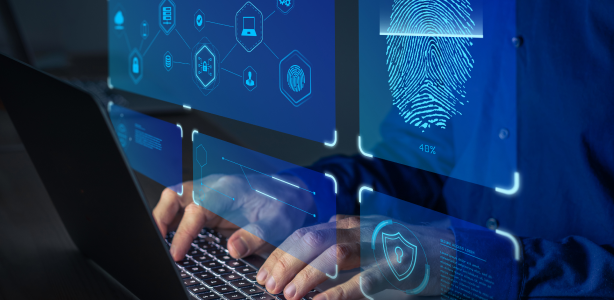As our world has evolved, so has our technology. And, as that technology has evolved, so has its consumption. Now more than ever consumers are adopting the newest technological devices and integrating them into their daily lives. One prime example? Smart phones.
Once used only to make phones calls and play the occasional game of Snake, mobile phones have now grown into a one stop shop for everything you need to make life easier and more manageable. With consumers’ dependence on smart phones to make it through their days, it only makes sense that they have become a major target for today’s hackers.
Recently, there was an attack that affected 225,000 iOS users. These users had their iTunes login credential stolen through malware called KeyRaider. The information stolen included the account username, password and iPhone unique ID. Hackers sent this information to a remote server and then used it to install paid apps on other iOS devices.
A separate app was created to allow other people to install the paid apps on their own phones. Close to 20,000 people have downloaded the software that the hackers provided to steal from the affected iPhone users. There have also been cases of the malware locking phones and holding them for ransom. So, should you be worried? The answer is yes – if you have a jailbroken iPhone.
As discussed in a recent article, Jailbreaking an iPhone is a popular practice that enables the iPhone owner to customize their phone. This typically means allowing jailbreakers to download apps that are not approved by the iTunes App Store.
Jailbreaking a phone is a way to bypass barriers that the device maker puts in place to protect users from attacks. While jailbreaking an iPhone might seem like a way to personalize your device, it also puts each user at a higher risk.
Tips to Stay Protected From Hacking
When it comes to the security of your information, it’s better to be safe than sorry. Even if you haven’t purposely put your phone at risk, hackers are lurking around every corner, looking for a weakness. Here are some tips to stay protected from a potential hack:
- Don’t jailbreak your phone. Smart phone software is designed to protect user information. When those guidelines are ignored, the data – and the user – are at risk.
- Secure your phone with security software. McAfee® Mobile Security is free for both Android and iOS, and offers a variety of features to safeguard personal information.
- Download apps that are safe. If you aren’t comfortable with the permissions an app is requesting, it’s best not to download it. Go with your gut; if something feels fishy, there’s probably a different app you can download similar to the one you want.
- Download apps from legitimate sources. It is important to download apps from reliable sources, such as the Apple Store and Google Play.
To keep up with the latest security threats, make sure to follow @McAfee_Home on Twitter and like us on Facebook.














